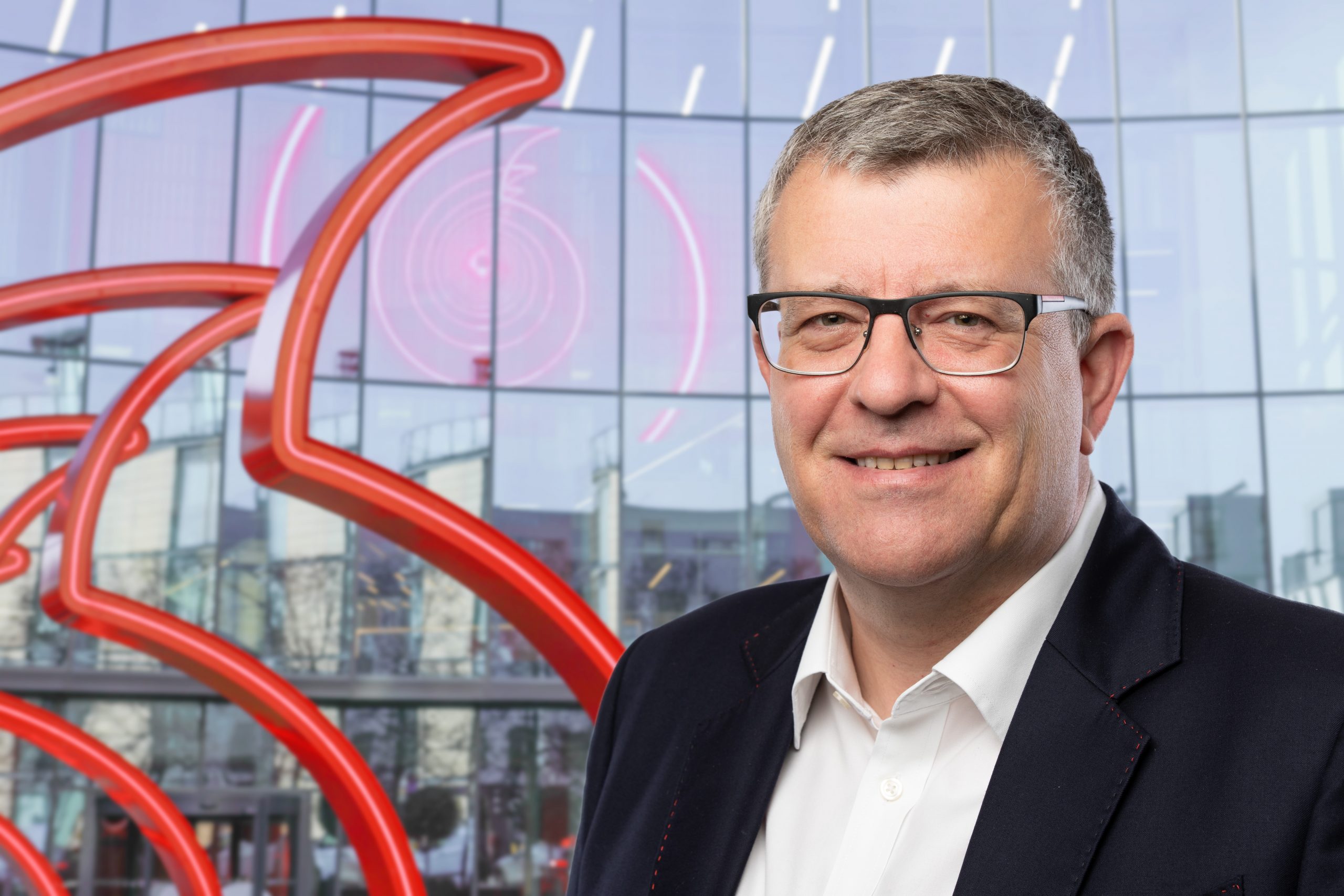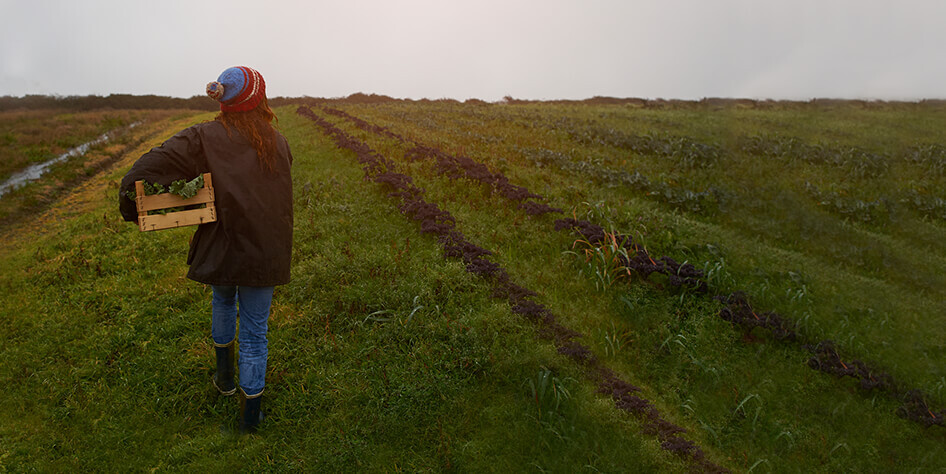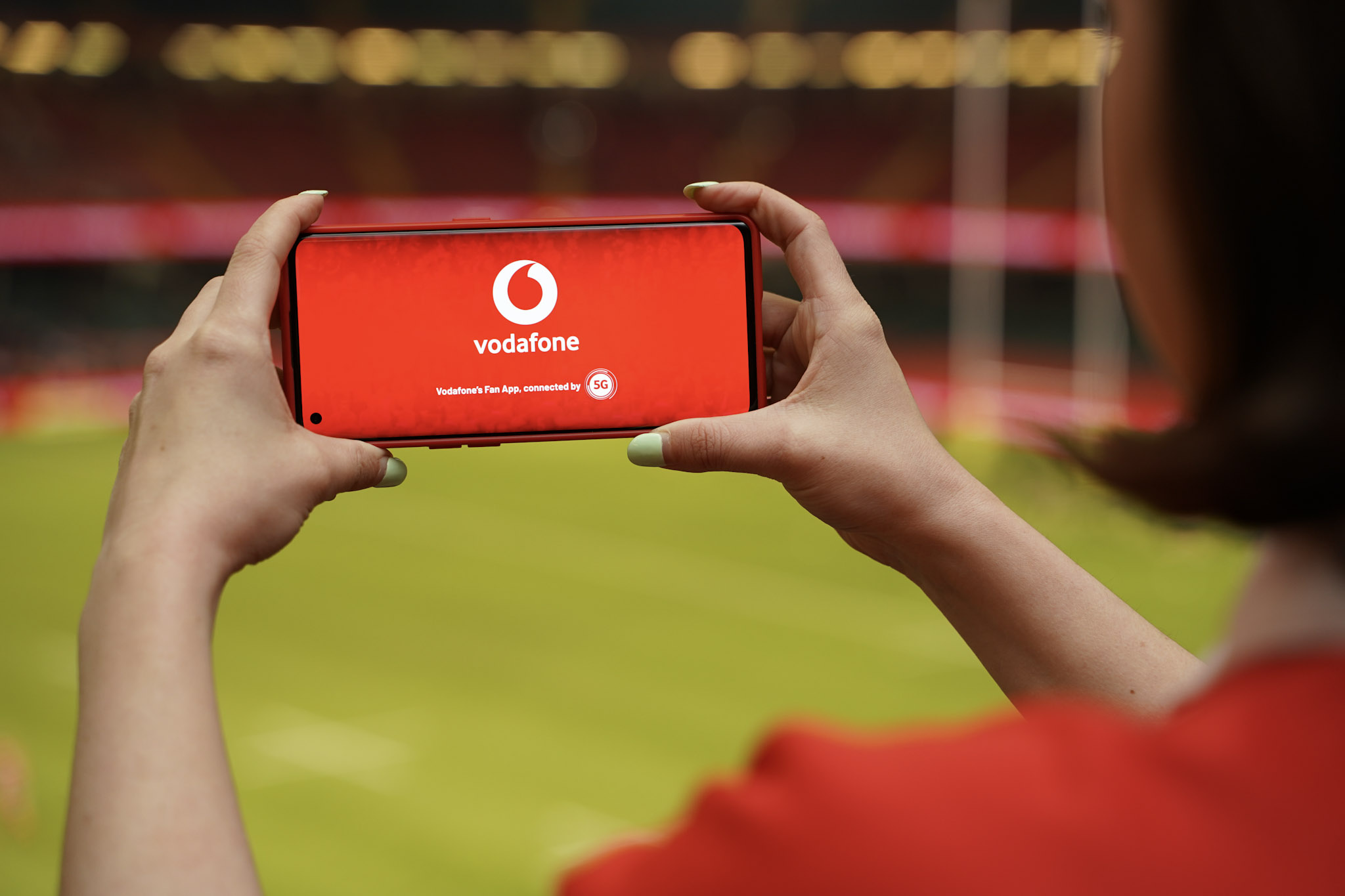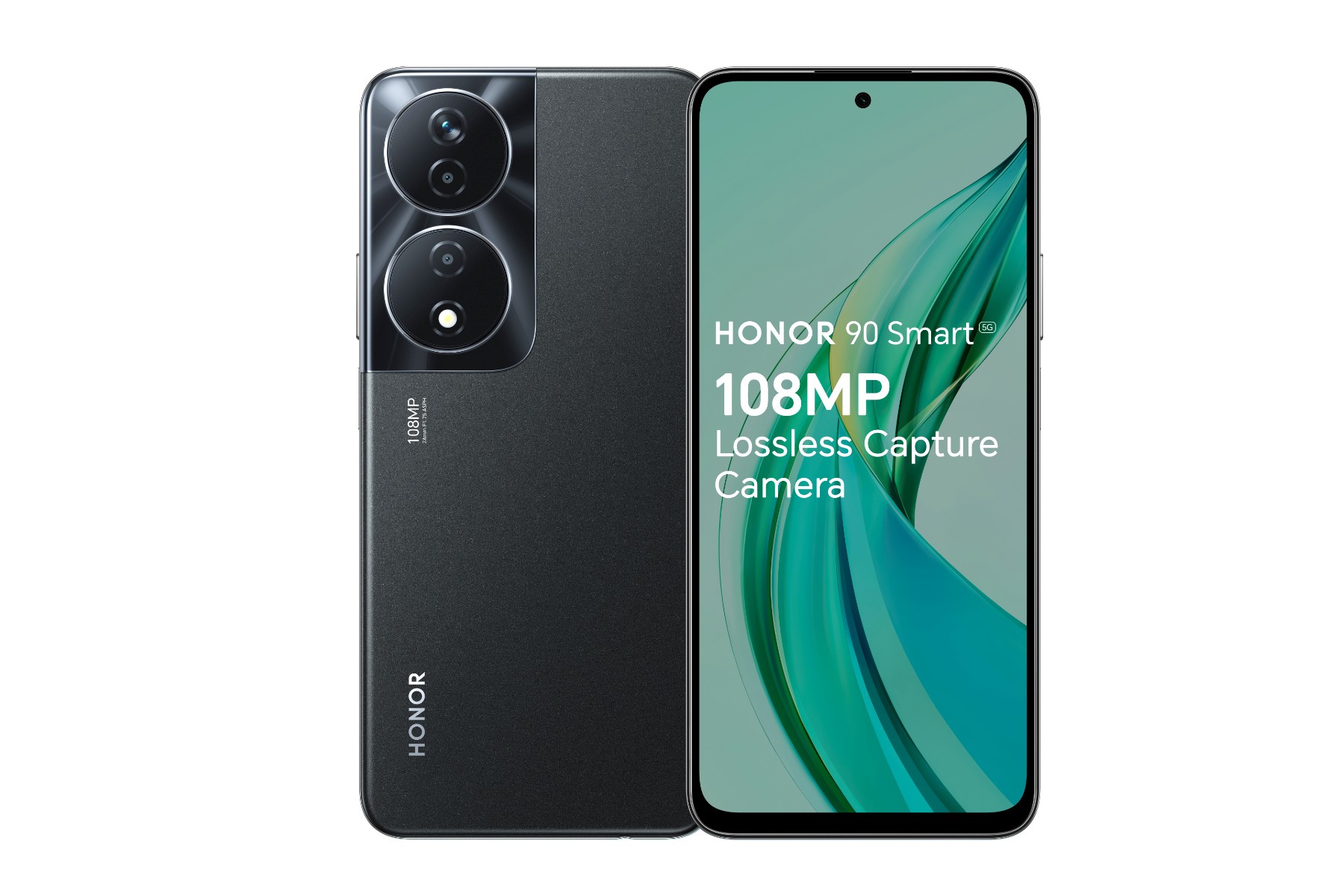Summer is officially here and, for sport lovers, it’s already shaping up to be a memorable one. But could 5G technology make it even better? Nick Gliddon, Director of Vodafone Business UK, asks – and answers – that very question.
From T20 cricket to the Euros, Wimbledon, the Grand Prix and, of course, the Olympics and Paralympics, we’re in the middle of a blockbuster line up of sporting events.
These huge milestones in the sporting calendar, however, are no mean feat to pull off. What’s more, it often costs host countries billions of pounds to create a spectacle for fans to enjoy, either at the stadium or at home.
While many will be preoccupied with the on-pitch/track events, I’m particularly excited about the technological revolution unfolding behind the scenes. Something that is poised to redefine the fan experience and transform how venues and merchants deliver their services.
In fact, Deloitte’s Sports Industry Outlook 2024 predicts technology will play a key role at the current Paris Olympic Games. This could see it become the blueprint for a new model of the future; an event that provides fans with both a more immersive entertainment experience and, crucially, a frictionless operational one.
Accelerating 5G could add £139 million to rugby’s matchday economy
From hospitality to ticketing, matchday trade at stadia would benefit from a countrywide 5G SA rollout.
One aspect of the sport ecosystem that we believe has untapped potential is the adoption of 5G-enabled technologies by food and drink merchants. This could provide a huge economic boost to the matchday economy, while also helping venues to reduce their carbon footprint.
At a time when many sporting clubs are still trying to recuperate lost funds from the COVID pandemic, while simultaneously dealing with skyrocketing operational costs and searching for ways to boost commercial revenues to meet financial regulations, matchday food and drink income is more important than ever.
Yet, with thousands of empty stomachs all queuing at once across several events this year, many fans are put off from eating at the venue because of the dreaded queue. That means vendors risk losing out on sales during what should be their most profitable period of the year.
How can 5G deliver an economic boost?
We recently conducted some modelling with Development Economics, looking at the professional rugby matchday economy. The research revealed that 5G-enabled technology, used by food vendors during a typical match, could add £24 million to the matchday economy over the next 5 years. In a typical 30,000-seat stadium, this could mean a 42% uplift in revenue from food and drink sales – per fixture.*
That’s because monitoring technologies, working in parallel with the Internet of Things (IoT) and the cloud, will enable food and drink merchants in stadiums to better observe customer demand and stock levels. In turn, allowing them to serve more customers, more quickly, during busy periods.
On top of this, merchants will be able to offer higher quality food items and more personalised meals through mobile apps, which would also let customers place orders in advance and select items suited to their individual dietary needs.
Though some of this technology could be implemented in certain applications very soon, we will only be able to feel these benefits across the UK on a nationwide, 5G Standalone (SA) network.
On a 5G network, these orders will be received by the kitchen in real time, with stock updated instantly, so vendors can better manage demand. Meanwhile, fans don’t have to miss any of the action when grabbing half-time food or drink.
This technology is not just exclusive to rugby stadiums, however. If every Premier League and Championship football club rolled out the same solutions across their stadiums, there would be a £114m uplift.* This represents huge savings that the industry cannot afford to miss out on and, vitally, a much better experience for fans.
Greener matchday snacks
While this summer of sport will bring us great entertainment, we must not forget the environmental impact of events on this scale. Thankfully, technology can give us a helping hand here too.
The use of 5G-powered sensors and IoT would allow food and drink vendors to reduce their carbon emissions on match days, by reducing the energy required for lighting, refrigeration, and the ventilation of goods.
Overall, these seemingly small changes could trim their greenhouse gas emissions on a typical rugby match day by around 450 tonnes of carbon dioxide equivalent (CO2e) per season, come 2029. That’s the same as powering 14.1 million household TVs for the duration of a full rugby match.*
Merger of Vodafone UK and Three UK to create one of Europe's leading 5G networks
Vodafone Group and CH Hutchison Group Telecom Holdings Ltd., owner of Three UK, have agreed to combine their UK businesses.
Beyond the summer of sport
Though some of this technology could be implemented in certain applications very soon, we will only be able to feel these benefits across the UK on a nationwide, 5G Standalone (SA) network.
Until now, 5G has operated on existing networks and, therefore, relied on 4G technology. 5G SA, however, is an end-to-end solution, delivering more reliable connectivity, enhanced security, improved battery life, and low-latency (i.e. ‘buffer-less’) experiences.
The ultra-low latency of 5G SA (i.e. how long it takes from data to travel from a source to its destination) means it is able to process this data in under 10 milliseconds, in some cases – faster than even the human brain can process information.
As a result, this technology has the potential to revolutionise sporting events as we know them, providing we have the right infrastructure in place to deliver it, that is.
As part of our proposed merger with Three UK, Vodafone has committed to delivering 5G SA to 99% of the UK population by 2034. This will cover all of the UK’s 120 top-tier rugby, football and cricket stadiums, plus the vast majority of its 4,000+ grassroots facilities, so that all fans and clubs can benefit from these technologies.
Together, we will ensure that every summer of sports going forward is a win-win for all fans, venues and merchants.
Stay up to date with the latest news from Vodafone by following us on LinkedIn and Twitter/X, as well as signing up for News Centre website notifications.
* Source: Development Economics, commissioned by Vodafone, March 2024.



![Happy friends cheering [Adobe Stock]](https://www.vodafone.co.uk/newscentre/app/uploads/2024/07/Happy-friends-cheering-Adobe-Stock.jpg)





![2-Young man enjoying a rugby match at the stadium[Adobe Stock] stock image of a happy bearded man in the stands at a stadium enjoying a rugby match](https://www.vodafone.co.uk/newscentre/app/uploads/2024/04/2-Young-man-enjoying-a-rugby-match-at-the-stadiumAdobe-Stock.jpg)